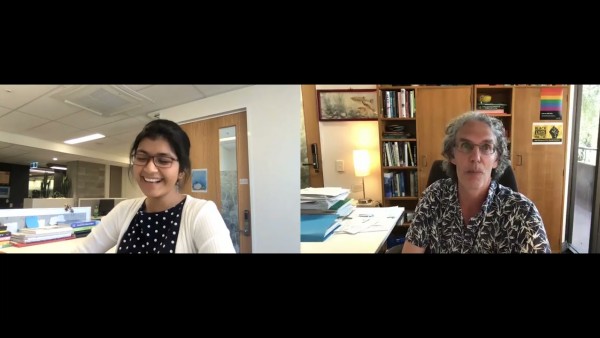PhD Exit Webinar: Does age matter? Effects of age and mating history on male reproductive success
What is the effect of male age under sexual selection? Studies testing for age effects on reproduction have largely focused on female ageing and maternal effects, and the magnitude and direction of male age effects remain poorly understood. This is often due to observational studies not accounting for factors highly confounded with male age. For instance, older males usually have more mating experience. It is therefore unclear whether reproductive senescence reported in many taxa is because of male age itself or the accumulated costs of the higher lifetime mating effort that is usually associated with male age.
In this thesis, I explore the effects of mating history on male age and how it affects their reproductive success and, subsequently, intergenerational transfer of ageing using Gambusia holbrooki (eastern mosquitofish) as a model system. First, I tested for paternal mating history effects on offspring fitness to show that mating history itself affects cross-generational, sex-specific offspring traits. In the next four chapters, I generated variation in the mating history of young and old males to disentangle the effect of male age and mating history on traits under pre-copulatory and post-copulatory sexual selection, paternity success, and, finally, offspring traits.
Taken together, I provide convincing evidence that confounding effects such as mating history can largely shape the attributed effect of male age on traits under sexual selection that has been described across the tree of life.






